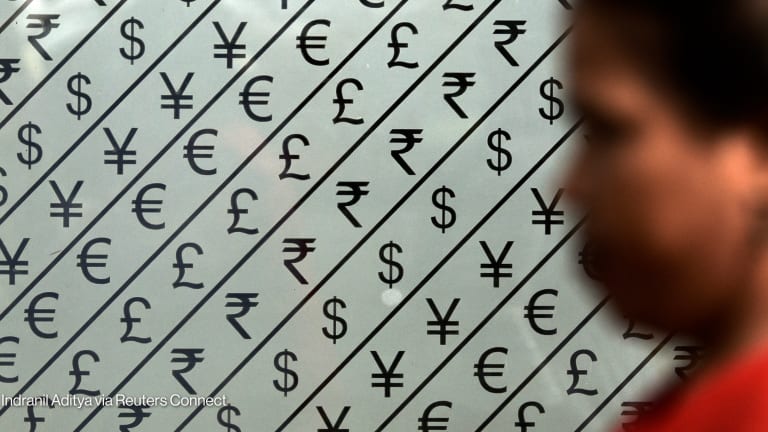In recent years, Iraq has grown more progressive as a nation. Past interventions have had considerable successes in peacekeeping, creating political stability, institutional strengthening and capacity building.
Over the past decade, Iraq has held two elections, which helped the nation solidify its political infrastructure; a third is scheduled this year. The situation in the country has been relatively peaceful and orderly — the United States withdrew the last of its troops in Iraq in 2011.
But much remains to be done. As one of the world’s top oil exporters, Iraq has huge economic potential. Its overreliance on oil, however, leaves it highly vulnerable to fluctuation in crude prices and limits available job opportunities. In addition, Iraq lacks the institutional capacity to maximize oil revenues and deliver basic services.
This story is forDevex Promembers
Unlock this story now with a 15-day free trial of Devex Pro.
With a Devex Pro subscription you'll get access to deeper analysis and exclusive insights from our reporters and analysts.
Start my free trialRequest a group subscription







